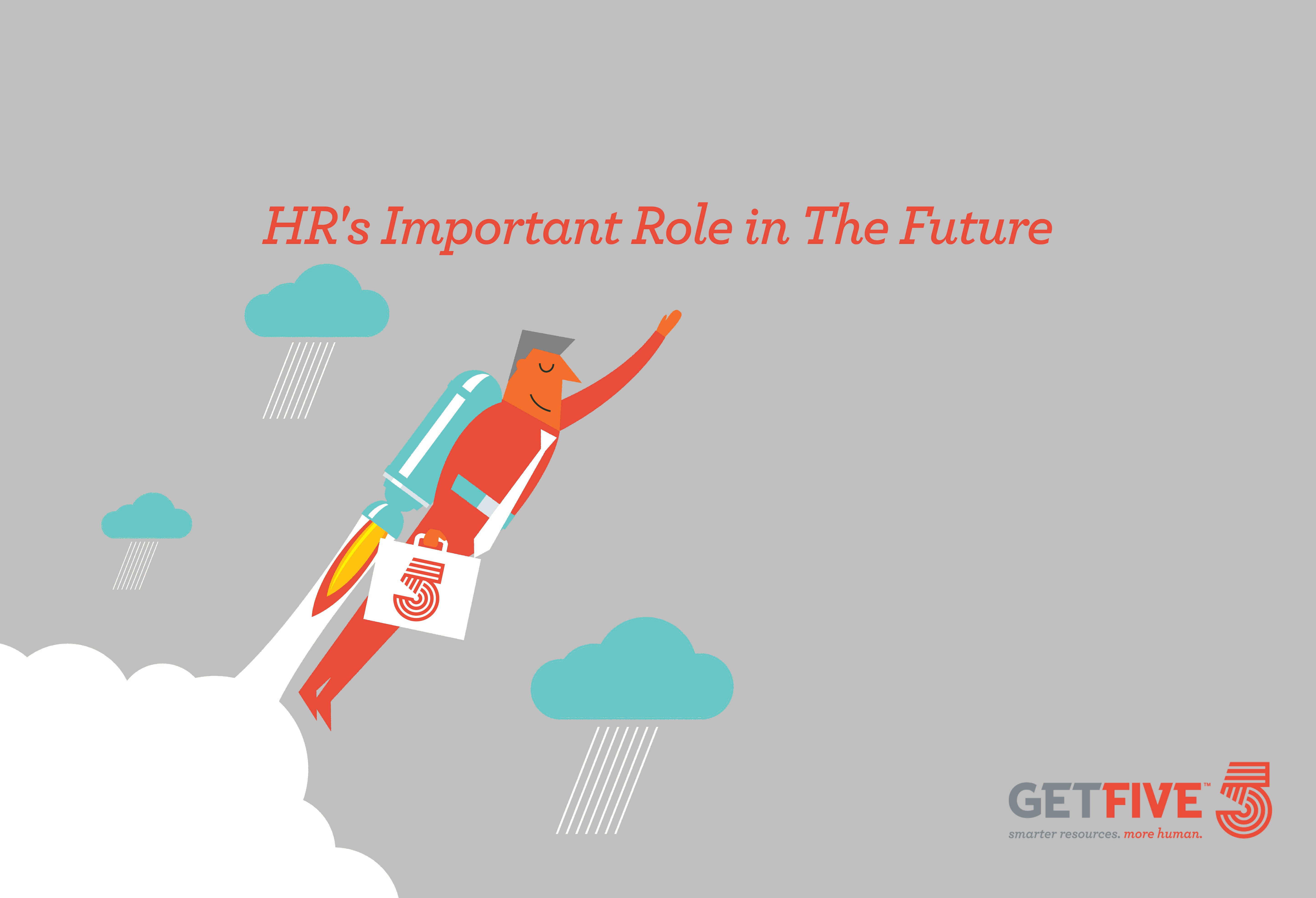The World Economic Forum says the fourth industrial revolution is upon us. Every aspect of business is changing and we’re right at the cusp of experiencing the shift.
“It’s a lot more difficult to predict and forecast and adapt to than the previous revolutions,” says Michael Leadbetter, founder of Greenshoot Edtech, at a past HR Network Seminar. “The reason is it brings together digital, physical, and biological aspects. And the world’s going to change in incredible ways and we all need to be able to adapt to it.”
He noted the last industrial revolution killed half of the companies in the Fortune 500. Businesses must remain agile and adaptable in order to stay on top.
When you think of the future, there are countless examples of startups doing mind-boggling things, but what about mature companies who are striving to embrace technology and innovation in order to thrive?
One way is for leadership to shift focus beyond the current quarter to look three or five years out.
“If you talk to companies, these are where their CEOs are not focused and they should be,” said Leadbetter. “Because if you’re not focused on this, the world can change and you can miss out.”
He said companies need to adopt a massive transformative purpose and do things differently inside and out. Amazon is one example.
“At Amazon there’s something called the ‘institutional yes,'” Leadbetter explained. “If you go to your boss at Amazon with an idea, no matter how wacky it is, your boss has to say yes or write a two-page memo explaining why the answer is no.”
Amazon employees are empowered to voice their ideas and think differently. Plus, Amazon receives some ideas that might be worth pursing, so they’re always innovating.
Another company looking to the future and taking steps toward transformative purpose is Mastercard. Michael Fraccaro, chief human resources officer (CHRO) of Mastercard, joined the HR Network Breakfast Seminar to share what the company is doing to face the future of work head-on.
By partnering with Facebook Messenger, as well as large retail merchants, such as FreshDirect, Subway, and Cheesecake Factory, Mastercard is using chatbots to transform the customer experience. Basically, the fulfillment of your sale is contained without any human interaction. It makes the customer experience simple and is allowing people to work more efficiently.
Another example he provided was the Mastercard Global Business Service Center. The company is moving a lot of scalable processes from HR, finance and legal into this center.
“From an HR perspective, probably two-thirds of the inquiries that you get are related to salary and benefits,” said Fraccaro. “Here in the GBSC, we’ve said, look, we know that we’re going to continue to migrate processes to this GBSC, but we cannot continue to grow the headcount. So are there tools we can use to automate some of the processes and services that we have in a smarter way, so that we can actually redeploy out teams into doing other, more high-value add activities?”
He noted that when you make changes that move employees due to technology or artificial intelligence, people can feel threatened. It’s important to share your vision and ensure employees there’s more valuable things for them to do.
HR takes center stage in forward-thinking transformations, but they cannot do it alone. In order for businesses to succeed long-term, HR must partner with finance, strategy teams, and technology departments. Remember, the employee experience is equally important to the customer experience in order to thrive in the future. You must, “insure that there’s alignment between what you’re saying externally, to your customers, how you’re delivering those experiences internally, to your employees,” said Fraccaro.
Another innovation he notes was the Mastercard Career Launchpad, a static diagnostic tool for employees that uses artificial intelligence to look at skills and career preferences to match them with job openings in the organization.
“An employee puts in their job likes or preferences around working on a team that’s developing some digital platform or their interest in pricing,” said Fraccaro. “If we’ve got a job that’s opened around that particular thing, it’ll actually send a message and say, by the way, if you’re interested in that, there are a couple of opportunities that we have open here. So it’s much more proactive rather than reactive tool.”
For companies looking toward the future, he concludes with three important points. “Number one, I think it’s time to move from talk to action, but start small,” Fraccaro said. “The second is that HR plays such a critical role in this evolution. I think we’re at such a pivotal moment in the world right now, that we have an opportunity to adapt ourselves, transition, but help our organizations transition.”
Finally, he stressed the importance of partnering. “You can’t do this alone, partner with your technology, your finance, your strategy, your marketing. This has to be a collaborative effort, with HR leading the way.”









